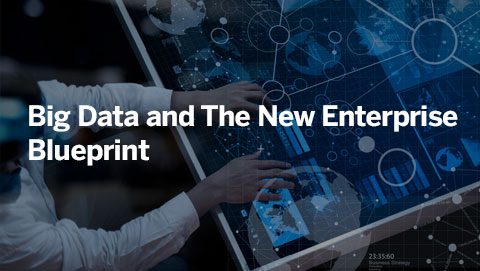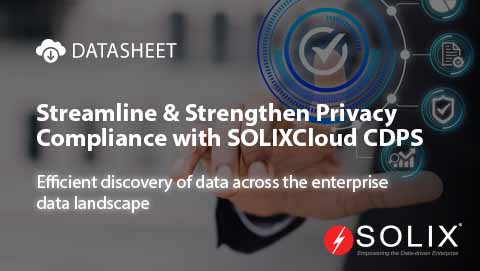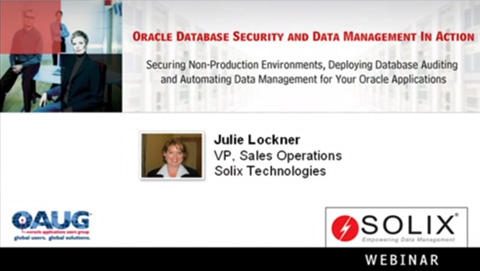Data Archiving for Enterprises: A Modern Approach to Data Management
Unlocking the Power of Data Archiving
In today’s data-driven world, enterprises are faced with the challenge of managing ever-growing volumes of information. Data archiving offers a strategic solution to streamline data management, reduce costs, and enhance compliance, all while ensuring valuable information remains accessible.
What is Data Archiving?
Data archiving is the process of moving inactive or infrequently accessed data from primary storage to a separate,dedicated storage system. This approach optimizes storage resources, reduces the burden on production systems, and facilitates efficient retrieval when needed.
Why Data Archiving Matters for Enterprises
Data archiving is not merely a storage solution; it’s a strategic advantage. By archiving data, enterprises can:
- Reduce Storage Costs: Moving inactive data to more cost-effective storage tiers significantly lowers expenses.
- Improve Performance: Streamlining primary storage by removing infrequently used data leads to faster query response times and improved overall system performance.
- Mitigate Risk: Archiving data helps meet compliance regulations, legal requirements, and data retention policies, safeguarding against potential liabilities.
- Preserve Valuable Insights: Archived data remains readily available for analysis, auditing, reporting, and future reference.
Common Use Cases for Data Archiving
Data archiving finds applications in various scenarios, including:
- Regulatory Compliance: Archiving helps meet stringent industry-specific regulations and standards.
- Legacy Data Management: Organizations can retire outdated systems while preserving historical data for legal or operational purposes.
- Long-Term Storage: Archiving provides a secure and reliable way to store data that may not be immediately needed but holds potential value in the future.
Types of Data Archives
- On-Premises vs. Cloud-Based: Enterprises can choose between maintaining archives on-premises or leveraging the scalability and cost-efficiency of cloud-based solutions.
- Active Archives vs. Cold Archives: Active archives offer faster retrieval times for data that may still be occasionally accessed, while cold archives prioritize cost-efficiency for infrequently accessed information.
- Purpose-Built vs. General-Purpose Storage: Purpose-built archives are designed specifically for data archiving, offering features like lifecycle management and data integrity checks.
Key Features of Enterprise-Grade Data Archiving Solutions
- Data Retention Policies and Lifecycle Management: Define and automate policies to determine how long data should be retained and when it should be deleted or migrated.
- Search and Retrieval Capabilities: Enable efficient retrieval of archived data based on specific criteria.
- Data Deduplication and Compression: Optimize storage capacity by eliminating duplicate data and reducing file sizes.
- Integration with Existing Systems: Seamlessly integrate archiving solutions with existing data management workflows.
- Security and Compliance Features: Ensure data integrity, confidentiality, and compliance with industry standards.
Embracing the Benefits of Data Archiving
Data archiving is not just about saving space; it’s about empowering enterprises to harness the full potential of their data assets. By adopting a modern approach to data archiving, organizations can unlock operational efficiency, cost savings,and risk mitigation, all while ensuring that valuable information remains readily accessible for future insights.





